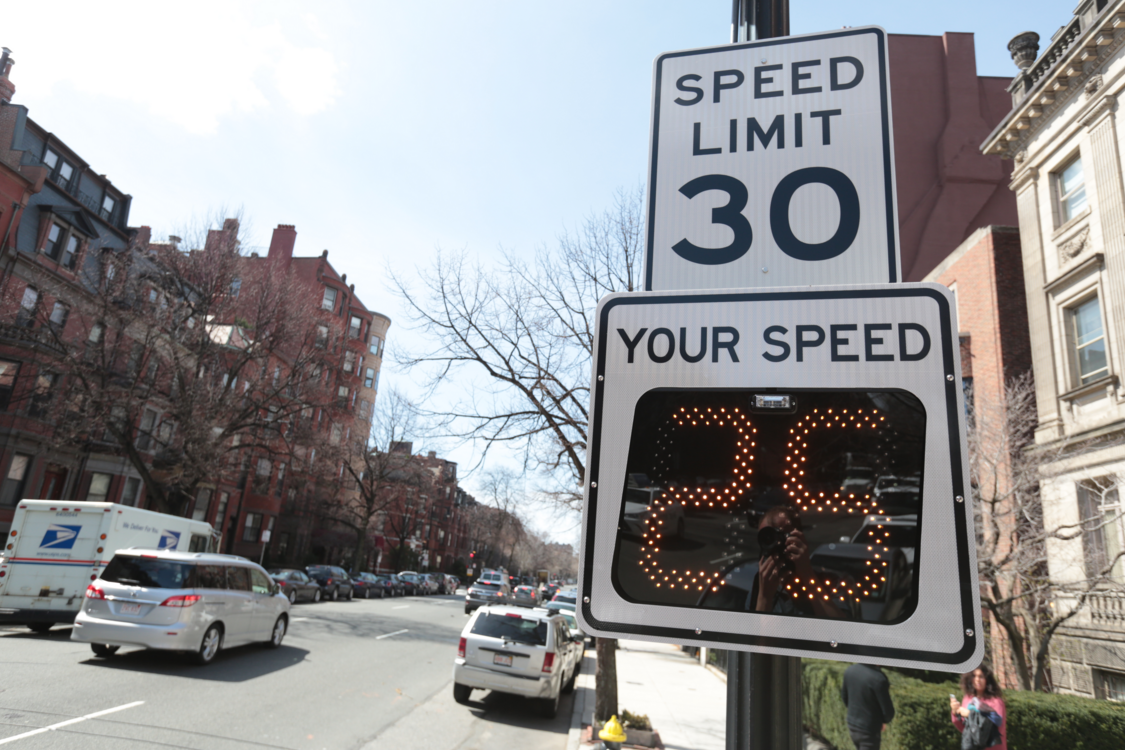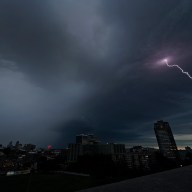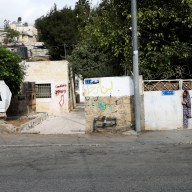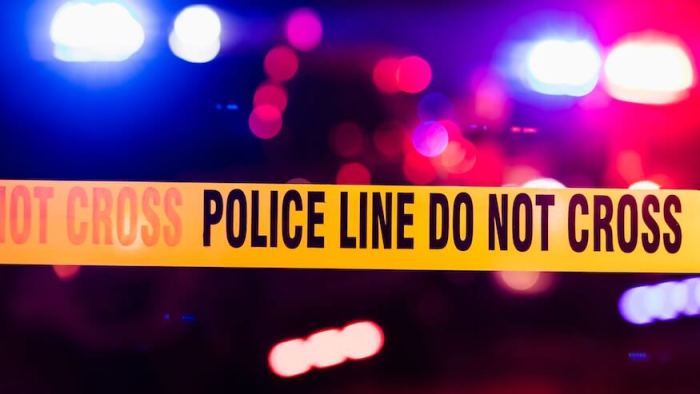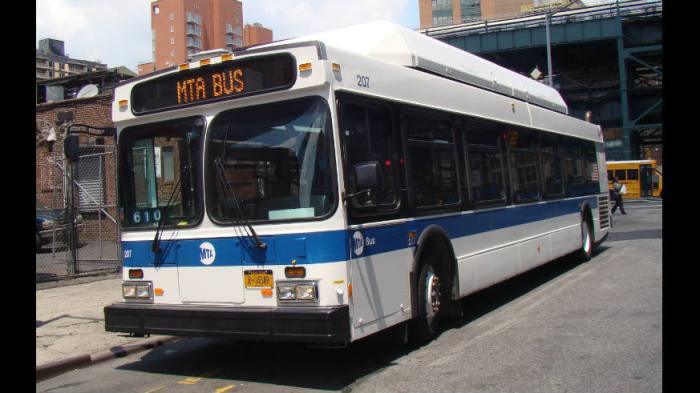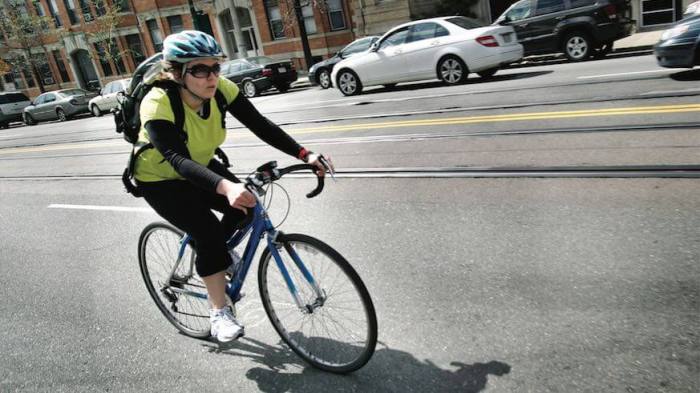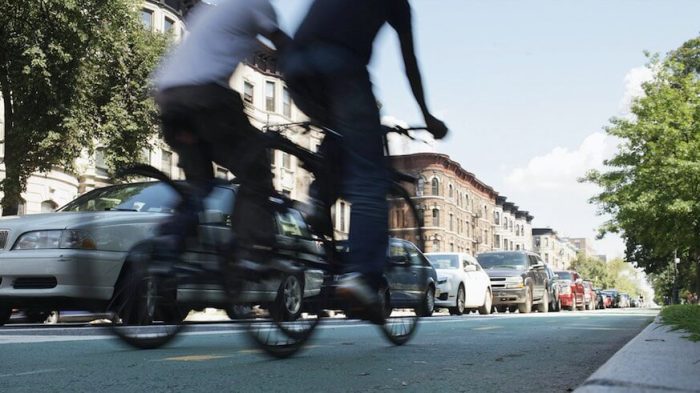Five Boston neighborhoods have been selected to participate in the city’s Slow Streets program, an effort that will help Boston eliminate fatal and serious traffic accidents as part of its Vision Zero goal, Mayor Marty Walsh announced.
The program will also serve to “improve the quality of life on Boston’s local streets,” the city said in a statement.
The five communities selected are Chinatown, Grove Hall/Quincy Corridor, Highland Park, Mount Hope/Canterbury and West of Washington Coalition.
Those neighborhoods with work with the Boston Transportation and Public Works departments to implement the reduce speed efforts.
“The Neighborhood Slow Streets program brings us closer to achieving Vision Zero by proactively lowering speeds on streets where Bostonians live, play, and travel,” Walsh said in a statement. “This initiative is a great collaboration between city agencies and communities that delivers traffic calming results that will make our neighborhoods safer.”
More than 45 communities across 16 Boston neighborhoods applied to be a part of the program, according to the city transportation department. To select the five participating areas for this year, each area was scored on factors like where vulnerable populations live and where more crashes were occurring.
The transportation department looked at the number of households with people under 18 years old, the percentage of the population there aged 65 and up, the number of crashes per mile in the area and the presence of parks, libraries and transit.
In the selected five areas, a community walk will kick off the project, “allowing residents to identify key challenges and areas where residents would like to see changes,” according to the city.
Then, the neighborhood will be outfitted with “visual and physical cues” that will help drivers slow down to a speed of 20 miles per hour. This will allow more residents there to walk, bike and play around their neighborhood, officials said.
The program is part of multiple larger efforts in the city, including Go Boston 2030, a transportation plan that will invest $709 million over the next five years to implement safer streets and improved public transportation, and Vision Zero, the city’s plan to eliminate fatal and serious crashes by 2030.

